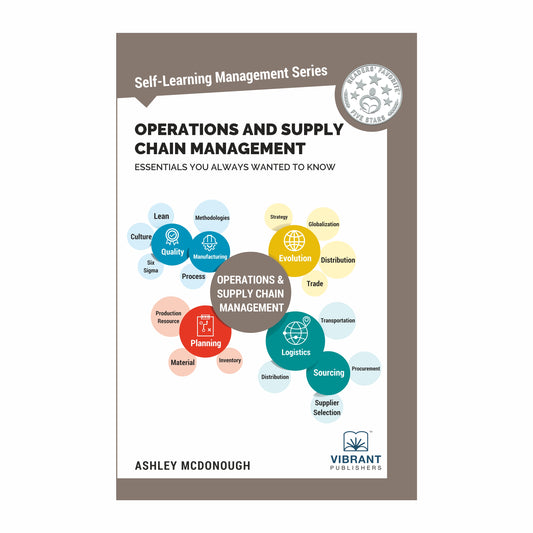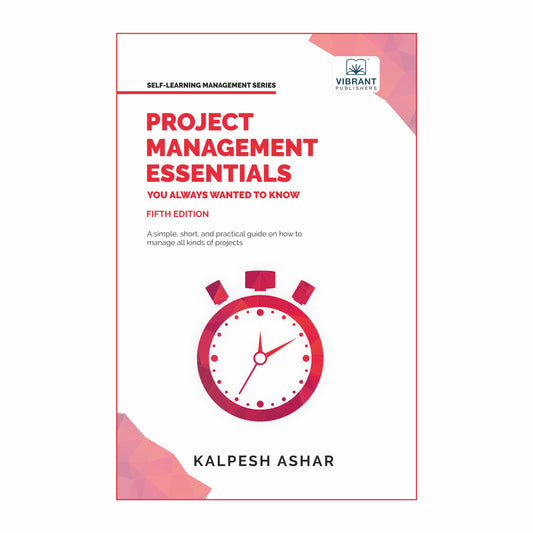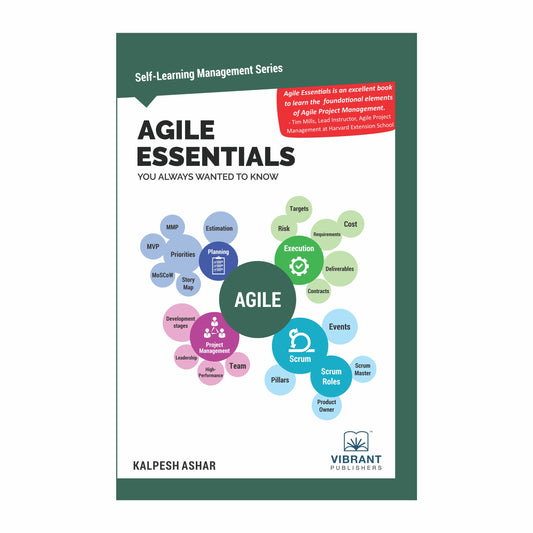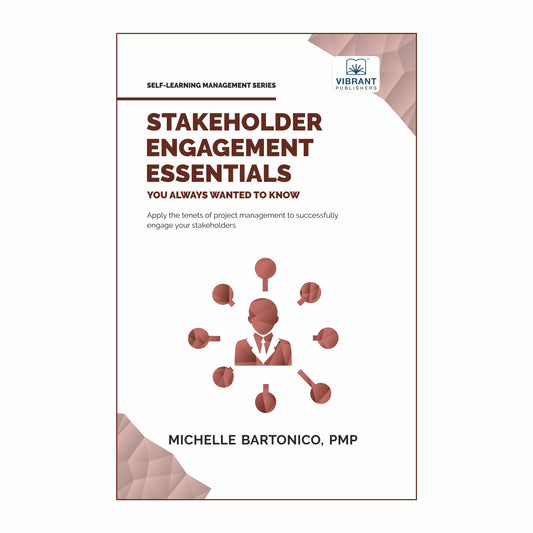Introduction
In the previous blogs of the Stakeholder Engagement series, we explored what the concept is and how it differs from stakeholder management. In this blog, we are going to look at the key skills that can help you become successful at onboarding and engaging a vast network of important stakeholders.
In the second episode of the Vibrant Publishers’ podcast, Empowering Success Through Stakeholder Engagement, Project Management Professional (PMP) Michelle Bartonico talks about the need to “map out” the network of stakeholders you’ll be dealing with. “Lean on your stakeholder register. Your stakeholder register is a document that you create when you’ve identified your list of stakeholders and stakeholder groups,” she advises. “Then, map out how salient they are to your project and what their influence is.” This is needed to balance the needs and demands of every stakeholder in the project process. Her book, Stakeholder Engagement Essentials You Always Wanted To Know, talks about how to get started on the process of identifying and mapping stakeholders, a core skill of project management.
Becoming a successful project manager does not only mean handling projects from start to finish and delivering products on schedule, but also maintaining interpersonal relations with the stakeholders involved in the project. “Honestly, the best advice I can give, which is something that has always worked for me, is exercising as much empathy as you possibly can,” she says. “Empathy means assuming a different role or a different viewpoint when you’re looking at the same project, and it’s really a way to practice coming out of yourself and understanding how might this other person be viewing something.” Approaching the project from a level of genuine curiosity, she feels, changes the way project resources respond and in turn their own work contribution to the project.
When conflict arises, as it invariably does, Michelle Bartonico says it’s time to consult the register again. The project manager needs to assess how influential a stakeholder is to the success of the project and figure out how to smooth over differences as diplomatically as possible. How the project manager responds in a situation of conflict will ultimately either escalate or de-escalate the conflict. Here, the project manager has to take the call whether to mediate in the conflict and bring it to an end, or let it spiral out of control.
Building genuine relationships is what stakeholder engagement is ultimately all about. It is about building trust and connections, not just for the sake of the project, but long-term relationships as well. Stakeholder engagement requires the project manager to be a people-person, skillfully handling a network of relationships and connections that will go a long way even after the project comes to an end as is a people-centric field.
Conclusion
In this blog, we discussed the key skills needed to succeed as a project manager. Project managers need to have a mix of technical and interpersonal skills. In order to map out the complex connections between stakeholders involved in a project, project managers need to determine how important each stakeholder is and what they bring to the project.
Listen to the full podcast on Spotify.com or check it out on YouTube.
Read the first blog in this series here.









